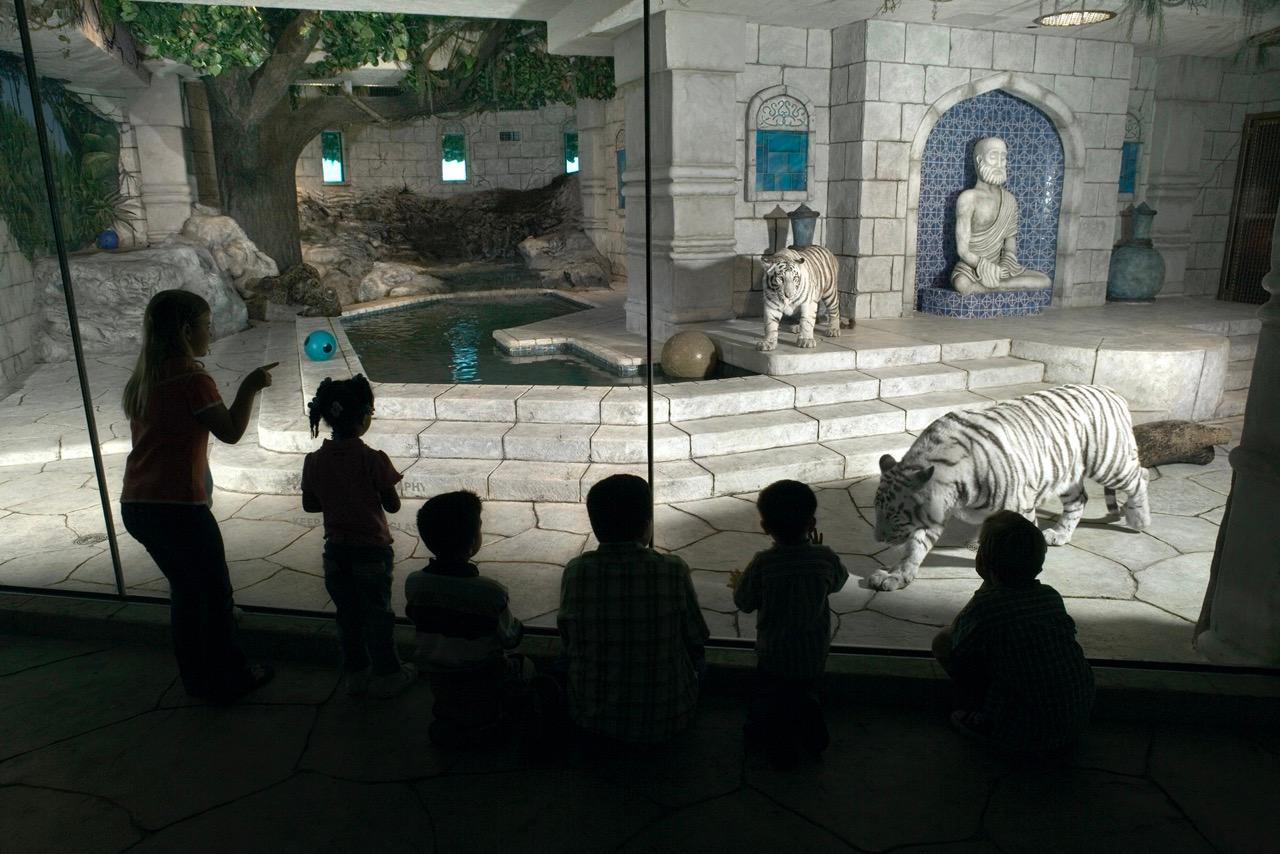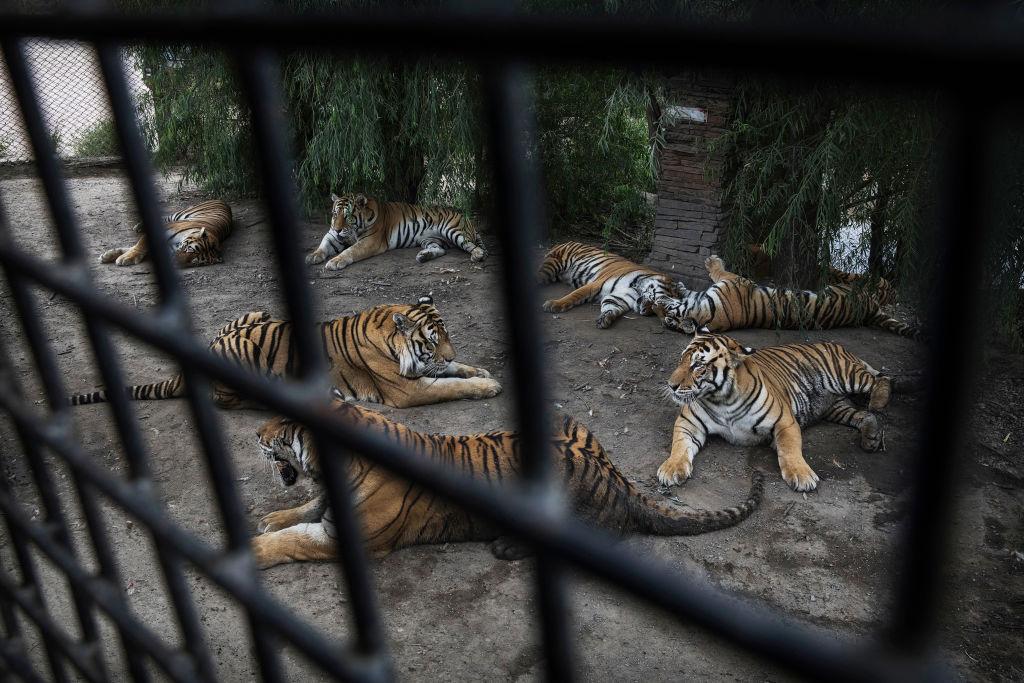Should Zoos Exist? Here’s Why They Aren’t Necessary
Published Feb. 21 2023, 1:49 p.m. ET

For many, family visits to the zoo were an integral part of childhood.
At the time, you were probably just excited to see the wildlife and maybe get some ice cream, while your parents probably viewed the trip as an educational experience. These days, though, people are becoming increasingly aware of the ethical issues surrounding zoos — so much so, that some pose the question: should zoos exist?
Zoos have a number of ethical issues.

It can be confusing to hear that zoos aren’t actually as great as they seem — especially since most of us have been told that these places help animals. Unfortunately, that is not always true.
You might’ve imagined that the animals you see at the zoo are being helped or saved in some way, but in reality, they are often being bought, sold, and traded, according to Treehugger. It’s even possible that a few of the animals were taken out of their natural habitats and away from their families — a practice that is very clearly unethical.
Animals in zoos are often kept in unacceptable enclosures and exploited for human entertainment. And because zoos are trying to attract the public, they breed animals in order to have a “constant supply of baby animals,” Treehugger explained. Overbreeding equals overcrowding, which then results in animals being sold to zoos or circuses. They could also end up being used for “canned hunting,” which is when animals are kept in a confined area for hunters to kill.
One could technically argue that a zoo might allow children to appreciate or learn more about wildlife. Yet, there are many other means of learning that could easily be utilized instead. Treehugger addresses the argument regarding education and appreciation: “Every kid on earth loves dinosaurs but not one kid has ever seen a dinosaur.”
There’s no good reason for zoos to exist.

Just because zoos are problematic doesn’t mean that there’s absolutely no way for you to see and learn about wildlife. If you love wildlife, visiting an animal sanctuary is a much better alternative.
You might be wondering: what’s the difference between a sanctuary and a zoo? According to Treehugger, the animals in zoos are typically bought, sold, bred, or traded — sometimes they’re even captured from the wild. This system of acquiring animals leads to many different ethical issues, as mentioned above.
Sanctuaries are much different though — as long as they are accredited, you can rest assured they aren't partaking in the buying, selling, breeding, or trading of animals. They only have animals that “can no longer survive in the wild,” according to Treehugger. Unlike a zoo, some of these animals actually have a chance of being released back into the wild.
In Indiana, Black Pine Sanctuary helps animals that can’t function in their natural habitats. The sanctuary’s website states that animals “have the option to be indoors, outdoors, visible, or hidden,” and that “the priority is always given to the animals’ safety, health, and comfort.”
One thing to keep in mind is that not everyone agrees on whether or not all sanctuaries are ideal. Even though a lot of people agree that they are better than zoos, many locations operate differently — standards for the animals might vary, according to National Geographic.

Luckily, PETA explained how to tell if the sanctuary you want to visit is of high quality. First, check out the animals' housing situations — real sanctuaries will try to replicate natural habitats to the best of their ability. Also, check out whether or not the habitat offers environmental enrichment. These are things that are meant to provide mental and physical stimulation, not simply decor pieces for the public.
Reputable sanctuaries will not allow people to touch or hold the animals, according to PETA. Hands-on interactions can be scary and disruptive for the animals — they aren’t props. Of course, you will want to make sure that the sanctuary acquires the animals ethically and that they don’t breed them.
Lastly, you can check to see if the sanctuary is accredited. The Global Federation of Animal Sanctuaries (GFAS) requires its members to follow strict and ethical standards, PETA explained. This can make choosing a sanctuary a bit easier.